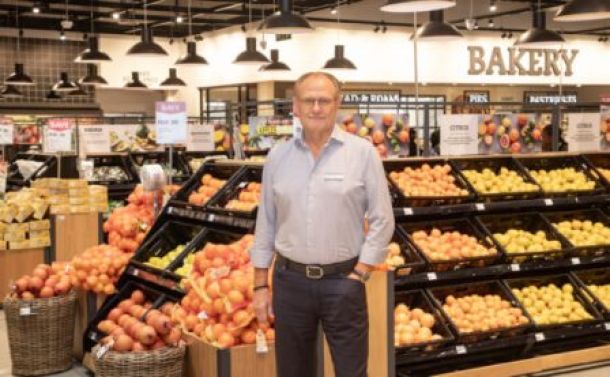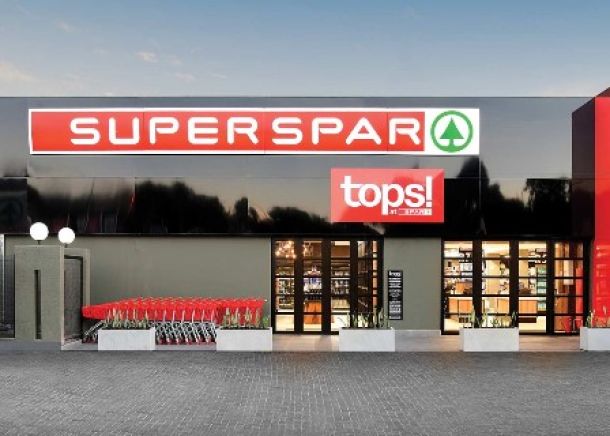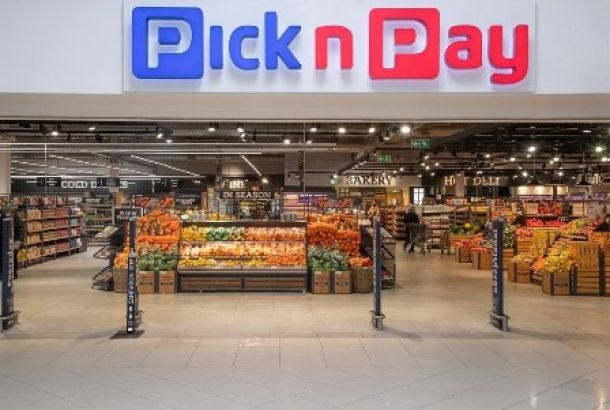Clicks posts solid growth amid cosmetics glitter
Strong trading by Clicks Group during the festive season and into the new year has signalled that even in tough times, beauty products remain an affordable luxury.
The retailer reported on Thursday a 12.2% growth in turnover to R9.2bn for the 20 weeks to January 17, largely driven by promotional activity.
South African retailers are increasingly relying on markdowns and specials to drive sales as escalating living costs, debt and a moderation in income growth curb household spending.
The Clicks chain reported comparable store sales growth of 10.6% and showed volume growth of 7.2%.
Selling price inflation was measured at 3.4%.
The resilience of the health and beauty sector is often ascribed to the "lipstick index" — a term coined by Estèe Lauder chairman Leonard Lauder to characterise an increase in sales of cosmetics during a recession.
The theory is that women who have to forego luxuries such as expensive dresses and shoes during economic slumps cheer themselves up by stocking up on cosmetics.
"Over the festive season in particular customers responded positively to our product ranges and to our promotions," Clicks Group CE David Kneale said.
The Body Shop increased sales 12.7% and by 9.3% in comparable stores. Clicks manages the UK chain in SA under a franchise agreement.
Wholesale pharmacy business UPD increased turnover 11% to R4bn.
Musica grew sales 2.6%, but with same-stores sales (sales excluding new shops) 0.4% lower, in a declining CD and DVD market.
Clicks’s strategy has been to diversify into accessories and gaming.
More than 15% of sales in Musica are now from technology products such as speakers and headphones.
Clicks Group also owns fitness brand GNC and accessories label Claire’s, which have standalone stores and a presence in Clicks stores.
The company is spending about R432m as it opens new stores.
The listed pharmaceutical space is touted to become more crowded with the imminent initial public offering of smaller rival Dis-Chem on the JSE.
With more than 89 dispensaries across the country, privately owned retail pharmacy Dis-Chem has been pitching itself to potential investors, and has appointed advisers to take it through the initial public offering process.
Dis-Chem was established in 1978 — the chain is run by original founders, Ivan and Lynette Saltzman, with Regarding Capital Management owning a minority share in the group through a private equity company, Fledge.
Dis-Chem has expanded aggressively during the past five years through its typically large-format stores.
According to Mr Kneale, trading conditions were expected to be challenging, with consumers facing further pressure from a combination of higher inflation and rising interest rates.
Although festive season updates from most of SA’s listed counters were not as grim as expected, the outlook for retail sales remains downbeat.
Lefika Securities economist Colen Garrow said while retail sales data might continue to be buoyed by the 17.8-million South Africans who received social welfare and dependency grants, households faced a number of headwinds.
Among these factors, stubbornly high debt, in a rising interest rate environment must rank as the highest threat to sustaining the robust momentum in retail sales growth, Mr Garrow said.
"Consumer interest rates have risen by 125 basis points over the past two years, with the threat of more to come," he said.
Statistics SA said this week that annual growth in retail sales rose to 3.9% in November, from 3.4% reported the previous month.
It was the strongest monthly rate of growth since June 2012.
News Category
- International retailers
- On the move
- Awards and achievements
- Legislation
- Wine and liquor
- Africa
- Going green
- Supplier news
- Research tools
- Retailer trading results
- Supply chain
- Innovation and technology
- Economic factors
- Crime and security
- Store Openings
- Marketing and Promotions
- Social Responsibility
- Brand Press Office
Related Articles

Pick n Pay plunges 16% on JSE as stock adjusts ...

SPAR suffering from a hangover

Pain for Pick n Pay

Pick n Pay disaster


